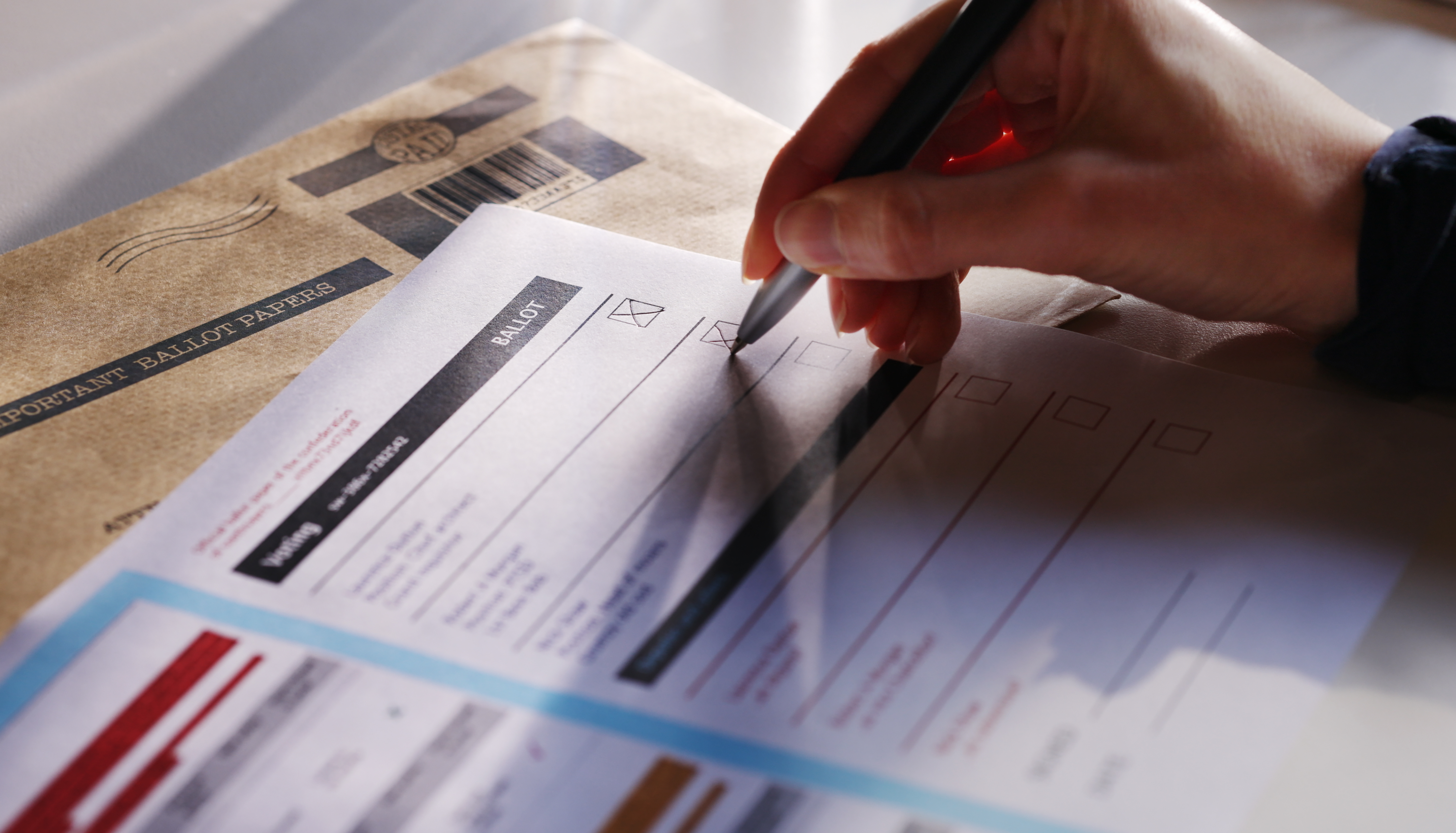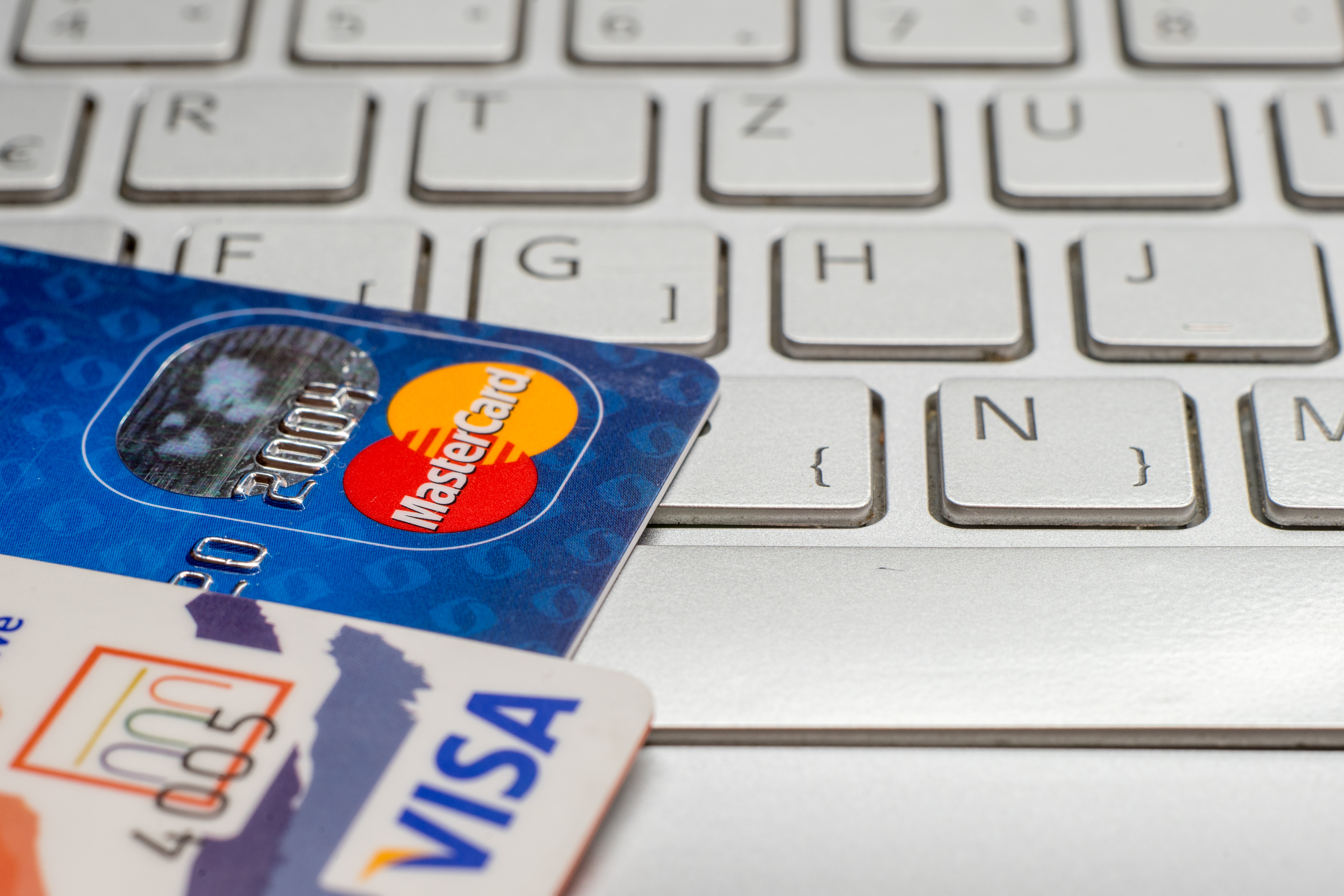Whether you’re taking out a mobile phone contract, credit card or buying a home, then having a decent credit history is the key to getting accepted and borrowing cheaply.
This week, James Flanders explains how to boost your chances.
WHAT’S THE PROBLEM?
LENDERS need to do a “hard” credit search to see if a customer can afford to borrow.
If you get rejected then it may impact your score and you’ll have to wait six months before applying elsewhere.
Even if you are accepted, lenders only need to provide 51 per cent of successful applicants with the advertised offer.
And there’s no guarantee that you’ll get the credit limit you need.
In the past two years, 31 per cent of loan applications were refused, and 6.8million adults (13 per cent) avoided applying for a financial product or service because they thought they wouldn’t be eligible, according to Totally Money research.
If you have a poor score, you’ll pay more to borrow, too.
On a £3,000 loan, a borrower with a poor credit score will pay £2,499 extra in interest over 36 months compared to a customer with an excellent score.
On average, bad credit mortgage rates can be 1-2 per cent higher than regular mortgages.
Someone with a decent credit score could get a £250,000 mortgage for 25 years at a top rate of 4.42 per cent right now.
However, those with poor credit scores might be offered the same deal but with a 6.42 per cent interest rate.
This would cost an extra £297 a month or £3,567 a year.
Those borrowing £500 on a credit card and only paying back £100 each month can expect to pay £13 in interest if they’re approved for an annual percentage rate of 10.9 per cent.
But if you have a poor score, you might be offered a 34.9 per cent interest rate, for example.
In this case, and in the same circumstances, you’d pay £42 in interest for the same amount.
CREDIT CAN HELP YOU
IF you’ve never had credit, this can impact your score, but it is possible to build up a score without getting into debt.
Martyn James, a consumer rights expert, says: “There are many forms of credit. For example, a mobile phone contract is a type of credit, for which you usually need a hard check.”
There are credit cards that can help you build your score, called “credit builder cards”.
They usually have a lower limit than regular cards and higher interest rates — but as long as you pay off the balance each month, your score should rise in four to six months.
Only borrow if you can afford to pay it back — as missed payments will negatively impact your credit file.
MoneySavingExpert.com money editor Hannah McEwen warns: “Borrowing for your everyday spending, such as food, can create a worse problem down the line. If you’re already struggling with debt, don’t borrow more.
“Contact a debt help charity such as StepChange, National Debtline or Citizens Advice.”
BOOST YOUR CHANCES
A ROBUST credit score is a golden ticket to better deals.
According to Andrew Hagger, founder of Moneycomms, the most important move is to register to vote.
This is because lenders need to check your identity and address to confirm you’re not a fraudster.
For Experian, being on the electoral register can yield you 50 points.
Also, don’t make too many credit applications as this can be a sign of financial distress.
And if you already have a credit card or loan, never miss a payment.
Kara Gammell, financial expert at MoneySupermarket Group, says: “A missed payment can negatively affect your rating.”
Renters who want to boost their credit score can also report their rent payments to three of the major credit reference agencies to prove they can pay their bills on time.
CreditLadder introduced rent reporting to the UK for all tenants in 2017.
Two out of five households rent, and CreditLadder can report those rent payments to all the main credit reference agencies, which can help you improve your credit history and score.
It is free to report your rent payments to one credit agency.
Other services, like Loqbox, can help boost your score by up to 300 points within 12 months.
It works by lending you a minimum of £240. This money stays locked away in your Loqbox account.
Over the year, you pay £20 a month into your Loqbox account to pay back the loan.
Each month, Loqbox reports to the credit agencies that you’ve made your repayments, which increases your credit score.
After 12 months, the loan is paid off and you can withdraw the £240 you saved back into your bank account.
Ms McEwen says you should not overuse overdrafts or withdraw cash on credit cards, and never take out a payday loan.
HOW TO APPLY FOR CREDIT AND GET ACCEPTED
WHEN you apply for credit, the lender will use the information from your application form and the information it gets about you from a credit check to decide whether to lend to you.
Ms McEwen says: “Making an application will leave a mark on your credit report, which could impact future credit.
“So use an eligibility calculator, as these allow you to check how likely you are to get a card without affecting your score.”
MoneySavingExpert’s eligibility checker uses a “soft” search, which lenders can’t see, to calculate your percentage chance of getting top cards and loans.
Most major lenders and comparison sites, including Compare The Market, offer free eligibility calculators on their websites.
‘Renters can boost score with CreditLadder’

SUPPORT worker Daniel Adetoyinbo, from Middlesbrough, boosted his credit score for free using CreditLadder.
The service helps add rental payments to your credit file to improve your score.
Daniel, 30, said: “The process of signing up was seamless and took less than five minutes.
“All I had to share was my bank account details with Open Banking as well as the payment reference for my £700 a month rental payment.”
He signed up six months ago after realising his TransUnion credit score was categorised as “very poor”.
Daniel wants to boost his score, to help build on his borrowing history and set him in good stead for applying to buy his own home in the future.
His score has already risen from 530 to 539 (out of 710), and will continue to do so as he continues to make his rental payments on time.
Your 3 scores
EVERYONE has separate credit scores with each of the three credit reference agencies – Experian, Equifax and TransUnion.
Each holds different information about you, including details of credit, mortgages, county court judgements and individual voluntary arrangements.
The CRAs provide customers with three discrete credit scores, but lenders don’t use these, according to Sara Williams, founder of Debtcamel.co.uk.
Lenders check your credit file instead, but they don’t tell you which agency they use.
A bad score is a sign that you are likely to have trouble with credit applications.
Visit checkmyfile.com to see your Experian, TransUnion and Equifax reports in one place.



